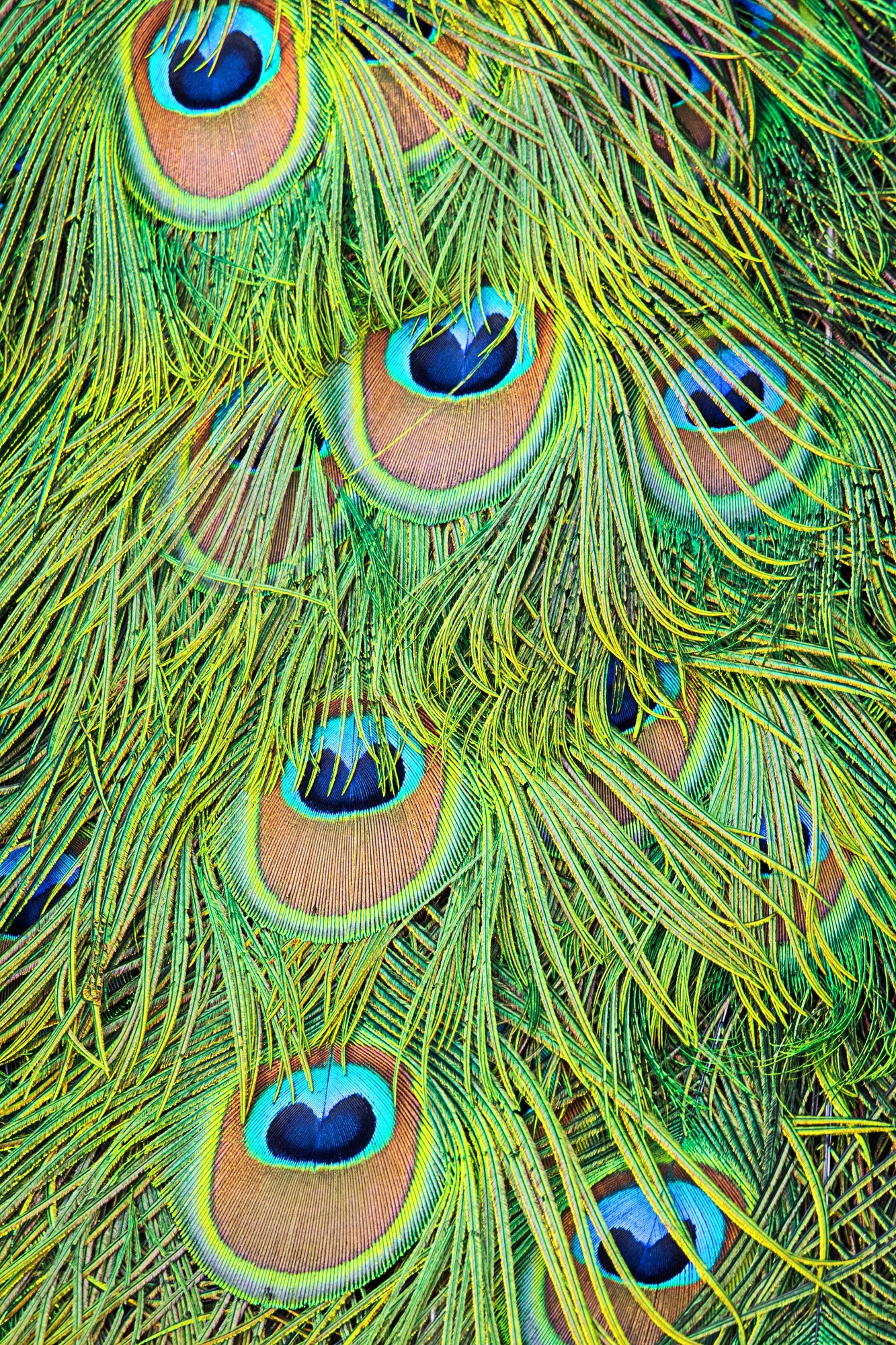How to Identify and Treat Underlying Causes of Feather Plucking in Parrots?

Feather plucking in parrots is a common yet concerning behavior. As pet owners, it’s crucial to understand the underlying causes of this issue and learn how to treat it effectively. In the following sections, you’ll dive into the various causes for this behavior and discover practical solutions to mitigate it.
Understanding Feather Plucking in Parrots
Before diving into the causes and treatments, it’s essential to first understand what feather plucking in parrots entails. This behavior is characterized by the bird deliberately pulling out its own feathers, leading to noticeable bare patches on the skin. Feather plucking can vary in severity, with some parrots only picking at a few feathers while others may pluck away large sections, leaving significant parts of their skin exposed.
Avez-vous vu cela : How to Groom an Alaskan Malamute to Reduce Shedding?
Plucking behaviors are rarely seen in wild parrots, making it a predominantly captive parrot issue. This suggests that environmental factors or domestication-related stressors could be significant contributors to this problem.
Identifying the Causes of Feather Plucking
Feather plucking in parrots can be triggered by a variety of factors, ranging from medical conditions to dietary deficiencies and behavioural issues.
A découvrir également : What Are the Best Energy Management Techniques for High-Energy Dog Breeds?
Medical Issues
Feather plucking can often be an indicator of an underlying medical problem. Avian skin diseases, hormonal imbalances, or parasites can lead to itching and discomfort, causing the bird to pick at its feathers. Other systemic diseases such as liver disease or digestive problems can also cause discomfort that results in feather plucking.
Therefore, if your pet parrot begins to pluck its feathers, it’s essential to take it to a qualified avian veterinarian. They will conduct necessary tests to rule out any potential medical issues causing the behavior.
Dietary Deficiencies
Parrots have specific dietary needs, and deficiencies in certain nutrients can lead to feather plucking. For example, a lack of essential fatty acids can make feathers brittle and itchy, triggering the bird to start plucking.
It’s essential to ensure your parrot is receiving a balanced diet rich in all the necessary nutrients. This usually involves a mix of high-quality pellets, fresh fruits and vegetables, and a limited amount of seeds and nuts.
Behavioural Issues
Just like humans, parrots can also suffer from emotional stress and anxiety. Changes in their environment, lack of mental stimulation or social interaction, or even boredom can lead to behavior changes, including feather plucking.
As a pet owner, you need to ensure that your parrot’s environment is enriching and stress-free. Regular social interaction, mental stimulation through toys and activities, and a consistent daily routine can help alleviate behavioural issues tied to feather plucking.
Treating Feather Plucking in Parrots
Once you’ve identified the potential cause of your parrot’s feather plucking, it’s time to start addressing the issue. However, it’s important to remember that this behavior can take some time to resolve, and patience is vital during this process.
Medical Treatment
If a medical issue has been identified as the cause of your parrot’s feather plucking, your veterinarian will advise on the appropriate treatment plan. This could include medications, diet adjustments, or other specific treatments based on the diagnosed condition.
Additionally, if the feather plucking has led to skin damage, topical treatments may be required to prevent infection and promote healing. Regular follow-ups with your vet are important to monitor the bird’s progress and adjust the treatment plan as necessary.
Diet Adjustments
If dietary deficiencies are the root of the feather plucking problem, a diet adjustment will be necessary. Your vet may recommend adding specific supplements to your parrot’s diet or adjusting the proportions of their existing diet.
Remember, changes to a bird’s diet should be made gradually to allow their digestive system to adjust. Monitoring your parrot’s reaction to the new diet is crucial and any adverse reactions should be reported to the vet immediately.
Behavioural Interventions
Behavioural causes of feather plucking can be more challenging to address. Providing a safe, enriched environment, plenty of mental and physical stimulation, and regular social interaction can help alleviate stress and anxiety in your parrot.
In severe cases, you may need to work with an avian behaviourist to develop a comprehensive behaviour modification plan. This process can take time, but with patience and consistency, positive changes can be achieved.
Feather plucking in parrots is a complex issue that demands a comprehensive, holistic approach to tackle. By understanding the possible causes and taking appropriate steps towards treatment, you can help your pet parrot live a happier, healthier life.
Building a Parrot-Friendly Environment to Prevent Feather Plucking
Creating an environment that reduces stress and promotes mental and physical stimulation can prevent feather plucking in pet birds. An enriched environment for your parrot should consider factors like cage size and placement, noise levels, lighting, and the availability of toys and perches.
Let’s start with the cage. The size should be large enough to enable your bird to spread its wings fully and fly from one end to the other. Offering various perches of different diameters, textures, and levels can help to keep your parrot’s feet healthy and provide a change of scenery.
Noise levels are another critical factor. Parrots are sensitive to loud and sudden noises, which can cause stress leading to feather plucking. Try to place the cage in a relatively quiet area of your house where your pet bird can still interact with family activities.
Lighting is crucial too. Parrots need exposure to natural light to synthesize vitamin D. If providing access to natural light is challenging, you may need to consider full-spectrum artificial lighting. Remember, parrots also need darkness for a proper sleep cycle—generally around 10 to 12 hours of darkness each day.
Finally, providing a variety of toys can help to keep your parrot mentally stimulated. Make sure to regularly rotate these to maintain your bird’s interest. Foraging toys that encourage natural behaviors are particularly beneficial.
By creating an environment that caters to your parrot’s needs, you can significantly reduce stress and improve its overall well-being, reducing the likelihood of feather plucking.
Conclusion: The Holistic Approach to Feather Plucking in Parrots
Feather plucking in parrots is a clear sign of distress, which can stem from a myriad of causes—be it medical issues, dietary deficiencies, or behavioural problems. As conscientious owners of these exotic pets, it’s our responsibility to ensure that we are doing all we can to provide a safe, stimulating, and stress-free environment for our feathered friends.
If your parrot begins showing signs of feather loss, seek immediate help from an avian veterinarian. Early detection and treatment of the causes of feather plucking can prevent severe consequences, such as skin infections or more serious, permanent feather damage.
Changes should be implemented gradually, whether it’s a new diet plan or a new set of toys. Consistently observe your parrot’s behavior and make necessary adjustments. Remember, patience is essential as reversing feather plucking can take time.
Lastly, remember that parrots are highly social creatures. Regular interaction and socialization can ensure your bird’s emotional well-being. By taking a holistic approach, you can effectively address the issue of feather plicking in your pet bird and ensure a happier, healthier life for your companion. From understanding the causes to implementing the right interventions, every step plays a crucial role in managing this complex issue. Take a proactive stance on feather plucking and help your parrot live its best life.
